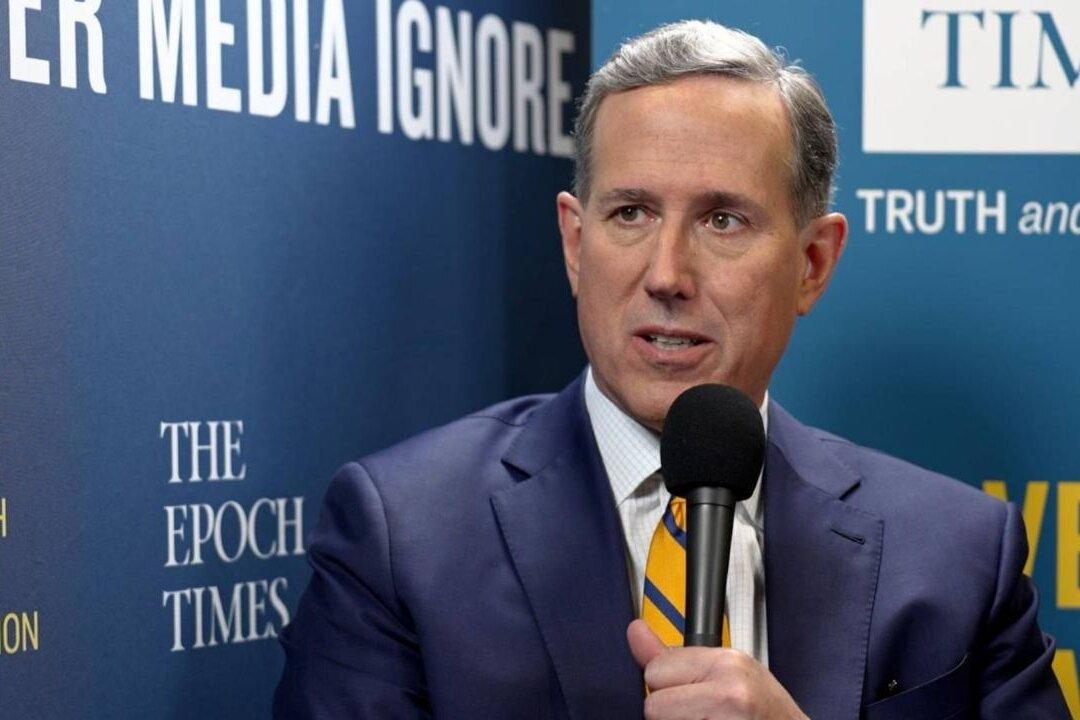Weaknesses of the Biden administration’s energy policies became one of the decisive factors that prompted Russian President Vladimir Putin to invade Ukraine, said Rick Santorum, a former U.S. senator from Pennsylvania.
War needs to be financed, and Russia relies on the revenue from the energy sector to fund its military and continue to feed its people, Santorum said in a March 11 interview for EpochTV’s “Crossroads“ program.






